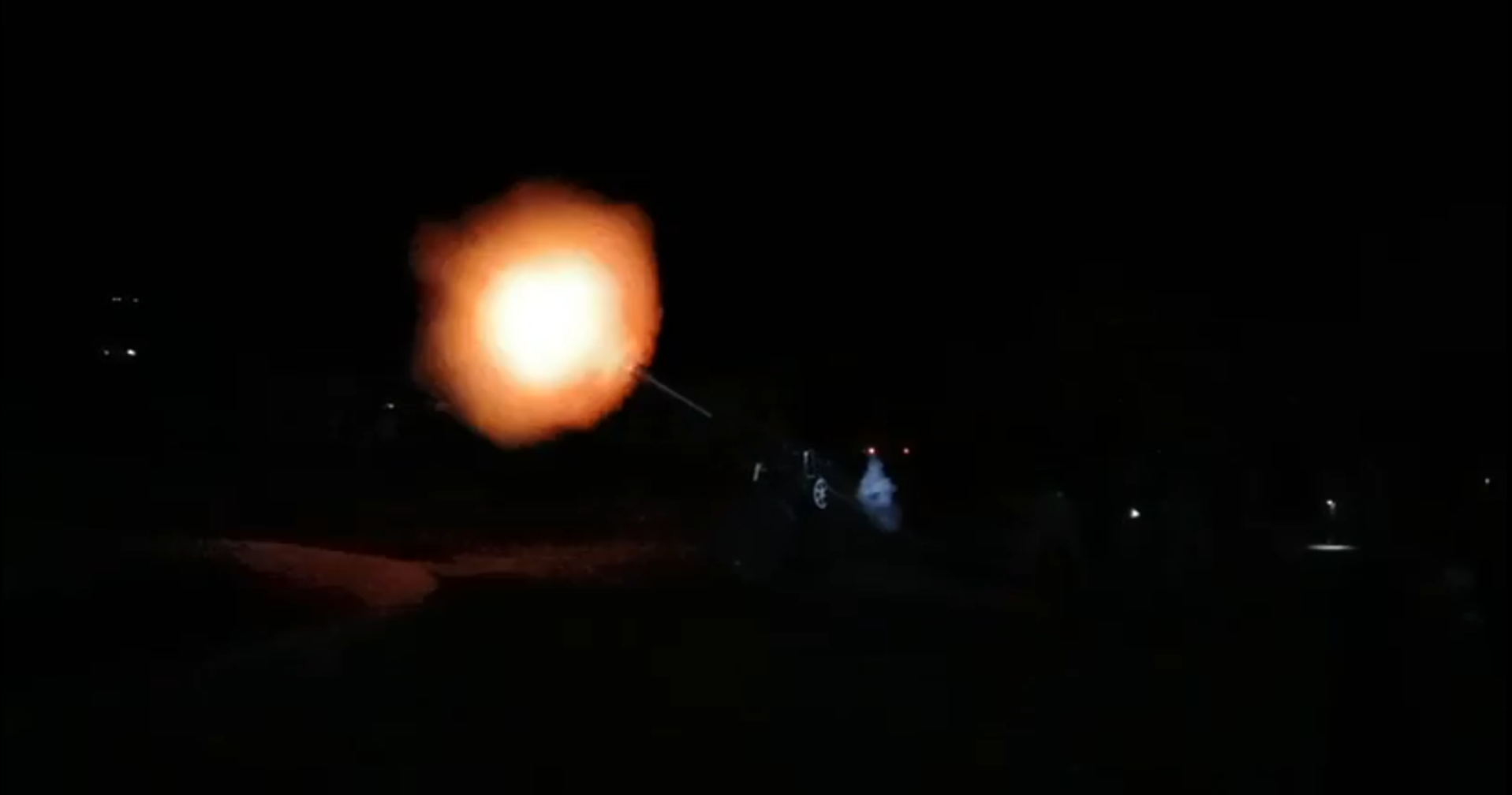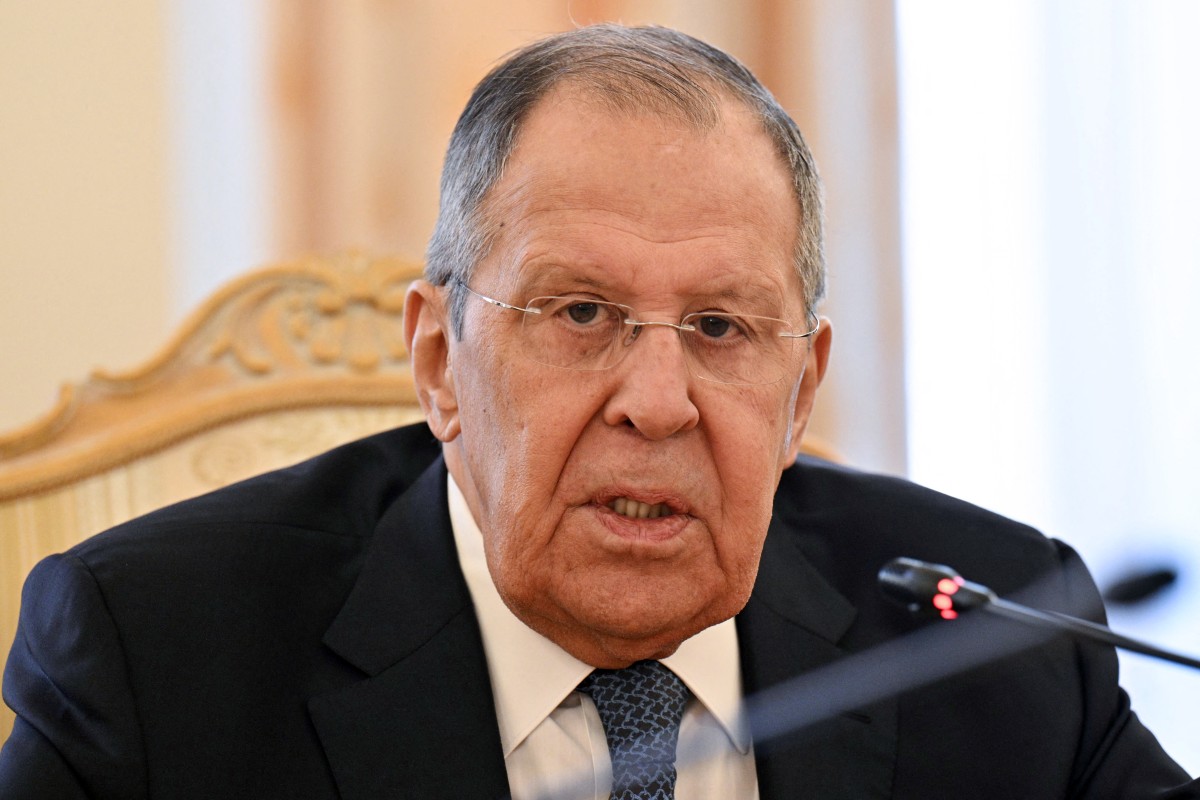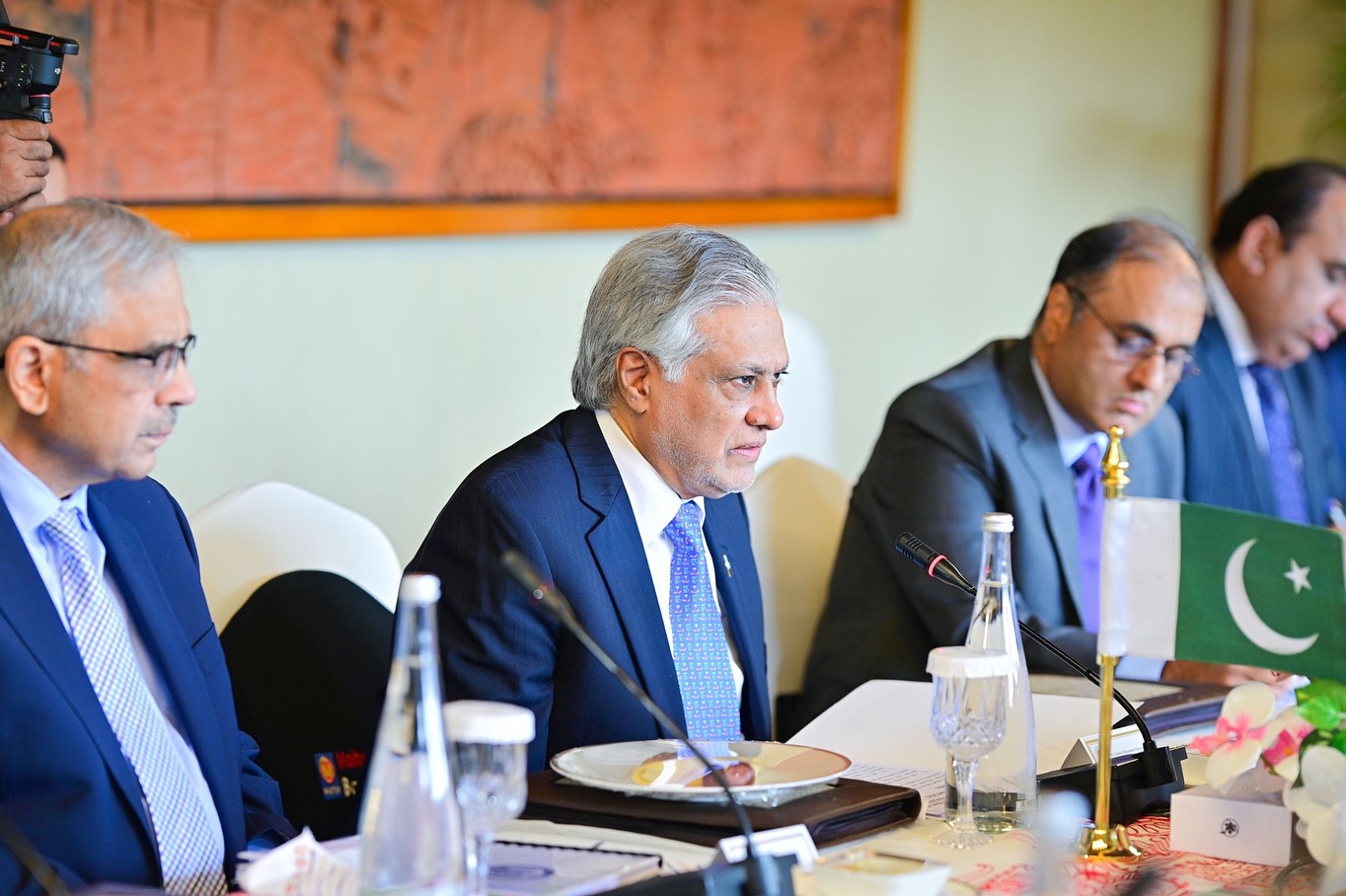Israeli Prime Minister Benjamin Netanyahu no longer enjoys the excuse of waging a war on Gaza to manipulate corruption charges, opposition, and public scrutiny.
Legal challenges
Netanyahu is currently confronting three separate corruption trials. According to AFP, he faces allegations of receiving luxury items valued at over 260,000 USD, including cigars, jewelry, and champagne from wealthy businessmen in exchange for political favors.
On June 29, 2025, an Israeli court postponed Netanyahu's testimony in the corruption trial.
US President Donald Trump has repeatedly called for the case to be ‘cancelled’. In his recent address to the Knesset in Tel Aviv, Trump asked Israeli President Isaac Herzog to pardon Netanyahu.
Political opposition
Yesh Atid, led by Yair Lapid, represents the primary opposition bloc. However, the group faces significant challenges in presenting a unified alternative to Netanyahu's government.
Reuters reported in September 2025 that the opposition's attempt to dissolve parliament and force early elections failed, primarily due to ultra-Orthodox factions striking a deal with Netanyahu on mandatory military service.
The opposition's internal fragmentation remains a critical weakness, with deep ideological differences preventing a united front.
Coalition dependencies
Netanyahu's government heavily relies on far-right parties like Otzma Yehudit and Religious Zionism. Party leaders Itamar Ben-Gvir and Bezalel Smotrich have threatened to destabilize the coalition over policy disagreements, particularly concerning the Gaza ceasefire deal.
British politician Callum Miller noted that Netanyahu's dependency on far-right partners forces more radical actions, prioritizing coalition unity over national interests.
Military establishment critique
The Israeli security establishment has sharply criticized Netanyahu's leadership. As documented in ‘Netanyahu vs The Generals: The Battle for Israel's Future,’ high-ranking security officials have publicly challenged the government's strategic decisions.
Michael Oren, a former Israeli ambassador to the US, stated in October 2025 that Israel has exhausted major military options against Hamas.
Judicial reform controversies
A bill passed in March 2025 allows what the Israeli opposition termed as increased government influence over judicial appointments. Many have raised substantial concerns about judicial independence.
Reuters reported in April 2023 that thousands of Israelis have protested in Tel Aviv against the government's judicial reform plans. In July 2023, AFP described mass protests and strikes across Israel sparked by the government's reform initiatives.
War on Gaza management
Netanyahu has faced mounting criticism over the conflict's management. The Guardian reported on October 14, 2025, that Netanyahu's rhetoric emphasized continued military presence, contradicting claims of a ‘concluded conflict.’
Reuters noted that opposition leader Benny Gantz withdrew from the emergency war cabinet, criticizing what he believed had been Netanyahu's lack of strategic planning.
Hostage families' pressure
The Hostages and Missing Families Forum has become a powerful opposition voice. AFP reported that many family members demonstrated against Netanyahu during his United Nations General Assembly speech. In October 2025, Reuters reported the forum's continued dissatisfaction with the ceasefire-hostage deal.
Political prospects
The Israel Democracy Institute's October 2025 report revealed mixed public sentiment with only over 40% of Israelis having trust in Netanyahu. A Maariv poll in The Times of Israel on October 10 showed Netanyahu's Likud party projected to win 27 Knesset seats, a slight increase from previous standings. While still significantly short of a majority, this shows uptick in positive public perception. The temporary boost is likely from the hostage-ceasefire deal.
However, the same Democracy Institute study showed that 64% of Israelis believe Netanyahu should resign over the October 7, 2023 security failures.
His ability to maintain political relevance amidst significant opposition indicates a capacity for strategic political maneuvering. Existing public opinion data suggests that he may be able to form a coalition government in the upcoming October 2026 elections.
.JPG)






.jpg)
.jpg)